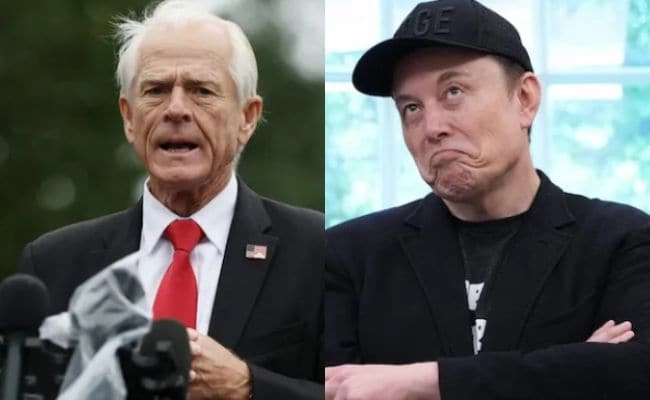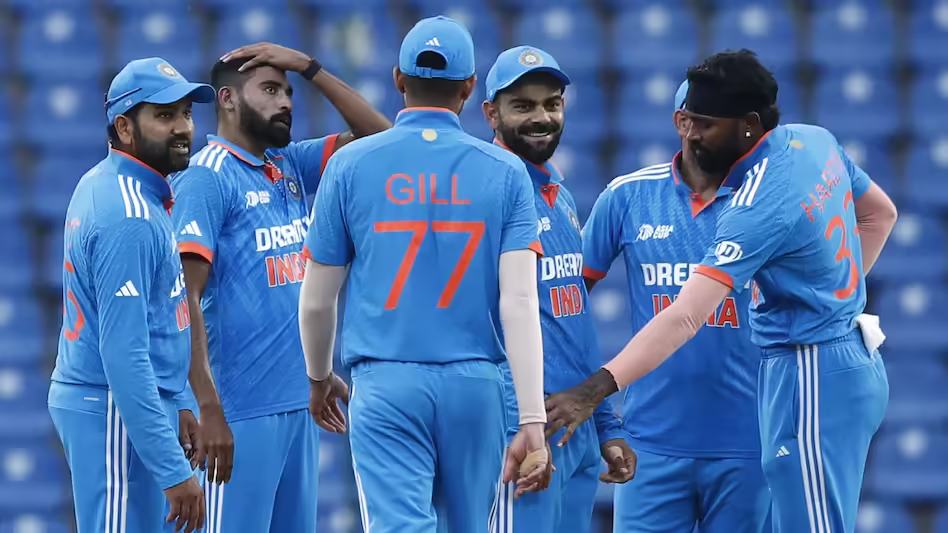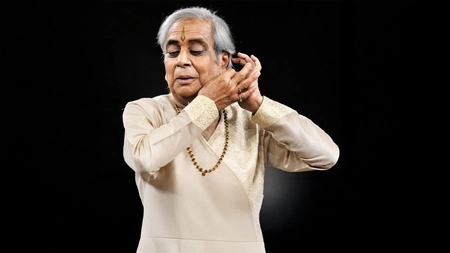In a recent incident that sparked widespread attention, a senior adviser to former President Donald Trump dismissed a fact-checking effort on social media as mere “crap.” This response came after the adviser posted an anti-India message that was subsequently scrutinized for accuracy. The exchange highlights the ongoing tensions in political discourse, especially in the context of international relations and domestic policies. The adviser’s flippant remark not only undermined the credibility of the fact-check but also illustrated a broader tendency among some political figures to reject factual scrutiny in favor of maintaining a particular narrative.
Fact-checking organizations play a crucial role in contemporary media by ensuring that public statements, especially those made by influential figures, are rooted in truth. In this case, the adviser’s post contained several inaccuracies regarding the state of affairs in India, which were promptly highlighted by independent fact-checkers. While social media platforms have become battlegrounds for political rhetoric, the challenge lies in separating fact from fiction. The adviser’s reaction, labeling the fact-check as “crap,” serves as a microcosm of a larger issue where truth is often overshadowed by partisan loyalty and emotional responses.
This incident also raises questions about accountability in political communication. When public figures dismiss verified information with derogatory remarks, it can lead to a misinformed public and a polarized environment where dialogue is replaced by derision. The adviser’s use of dismissive language reflects a growing trend where facts are disregarded in favor of personal beliefs or political agendas. As society increasingly relies on social media for information, the importance of critical evaluation of sources and claims becomes paramount. This episode serves as a reminder of the need for vigilance in the era of misinformation, where the line between fact and opinion can easily blur.
Furthermore, the exchange underscores the complexities of U.S.-India relations, which have been a focal point in discussions surrounding international policy. The ability to engage in constructive criticism without resorting to hyperbolic statements or unfounded claims is essential for fostering mutual understanding. As global dynamics continue to evolve, it is crucial for leaders and their advisers to approach such topics with a commitment to accuracy and integrity. Ultimately, this incident illustrates not just a clash of opinions, but a broader cultural challenge in how we communicate and engage with one another in an increasingly interconnected world.




